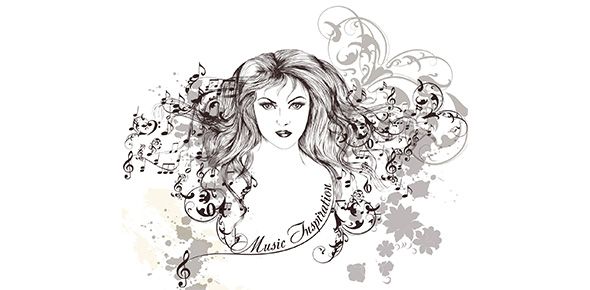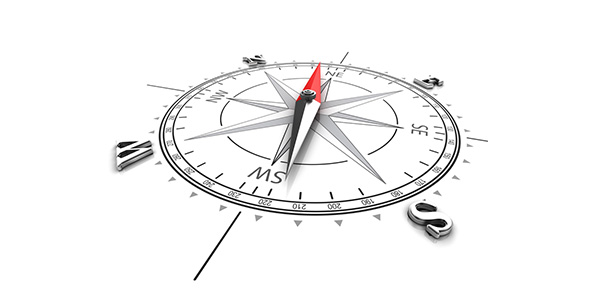Related Flashcards
Related Topics
Cards In This Set
| Front | Back |
|
Serfs
|
Peasants that were legally bound to the land they lived on. Had to give labor to the manor in order to keep their land. Eventually the plague helped free the serfs from their bondage to landlords.
|
|
Craft guilds
|
Business Associations/Organization that specialized in a skill. They set quality standards for their work. As part of the guild training system, one would be a journeymen, apprentice, and master.
|
|
Trade during Medieval Times
|
Increased availability of sugar, spices, and silk.
|
|
Inventions/Agricultural Improvements in the Middle Ages
|
Use of horses, horse collar, horse shoe, heavy wheeled plow, and the growth of farming villages.
|
|
Tithe
|
A 10% tax peasants had to pay the local church
|
|
Black death
|
Killed nearly 38 million people resulting in severe economic consequences such as decline in trade and increase in the price of labor. Also, caused antisemitism. Jews were thought the cause of the plague. It was the worst disaster in European history.
|
|
Manor
|
Agricultural estate run by a lord
|
|
Religion in the middle ages
|
Feast days celebrated great events or the lives of saints. Spain pursued religions conformity.
|
|
Achievements in the High Middle Ages
|
Gothic Cathedral. Population increased due to peace, stability, technology, and an increase in food production.
|
|
Hundred Years War
|
War fought between European countries. Englishmen were armed with pikes and longbows. Caused the nature of warfare to change because the peasant foot soldiers won the battles.
|
|
Convents
|
Havens for daughters without husbands, widows, and female intellectuals.
|
|
Romanesque
|
Buildings that had long, round, stone, arched roofs; massive pillars; and massive walls
|
|
War of Roses
|
Conflicts between the nobles of England who sought control of the monarchy.
|
|
Money Economy
|
The opposite of a barter system
|
|
Burghers
|
City merchants and artisans
|






